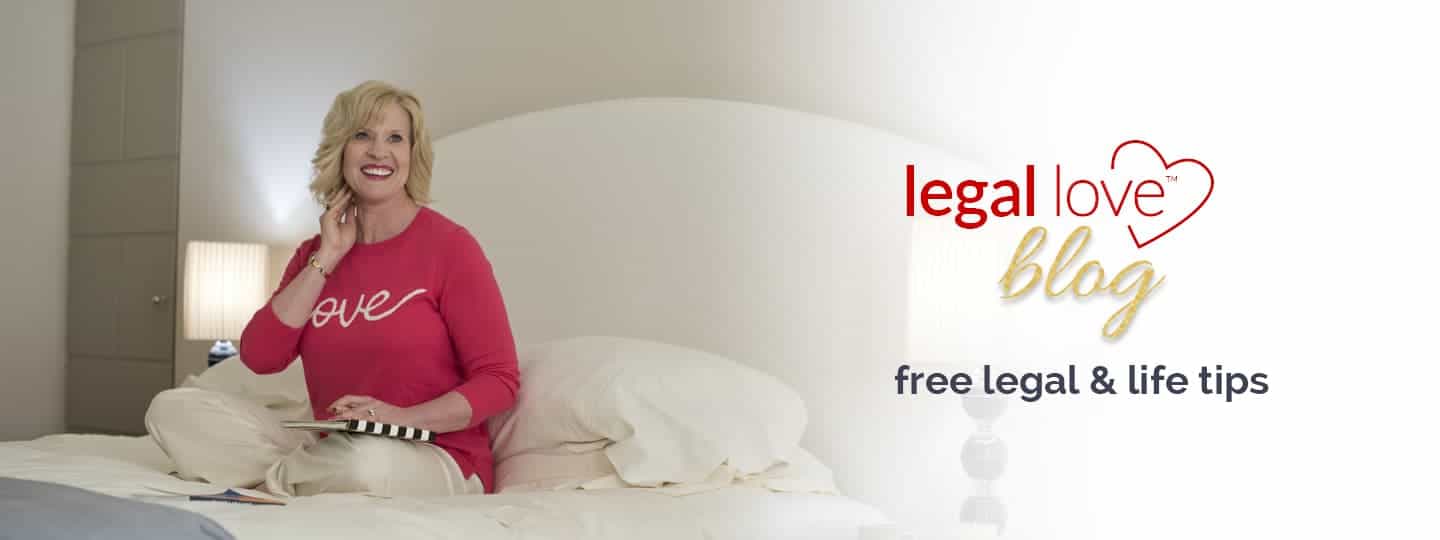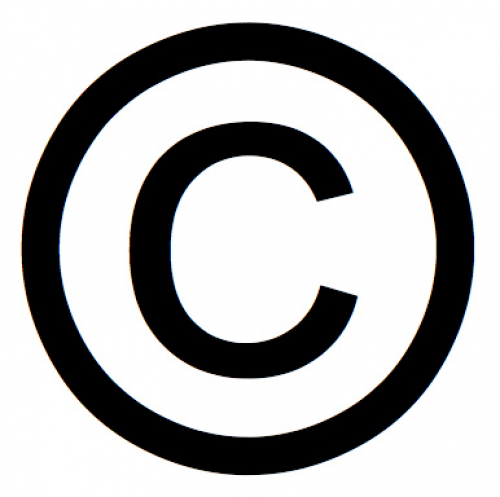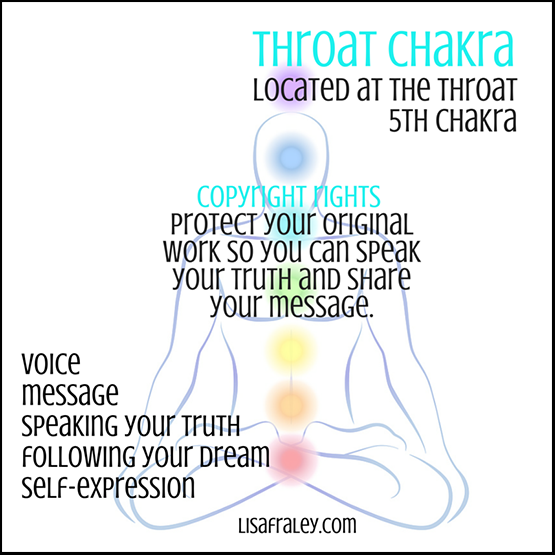So I have been writing a lot about Pinterest and copyrights lately, and today I wanted to share some real-life Q+A’s. If you missed my recent posts about copyrights and Pinterest (and Beyonce), check them out, because you REALLY need to know about copyrights. Why?
Copyright principles apply to EVERYTHING you do as an entrepreneur.
If Pinterest isn’t exactly your game, not to worry, because these copyright principles apply to most everything you do, including other social media sites, blog posts, e-books, books, program materials, course handouts, emails, website content, sales pages…you name it! (WHEW!)
Before we dive into the Q + A’s, I want to back the truck up and share a little “Legal Love Lesson” about copyrights.
Did you know that when you create something that is an ORIGINAL WORK, you get the copyright rights to it – just by virtue of creating it?
Like when you create:
- Images
- Photos
- Designs
- Words
- Graphics
- Music
- Videos
- Audios
- Books
- E-books
- and more!
Copyright rights come along for the ride. It just happens. It’s like magic. Which is pretty cool.
Copyright rights give you power.
However, when it comes ENFORCING your rights, or to stopping other people from infringing on your rights, well, that’s a different story. You actually have to take action before you can exercise your power by registering your copyright through the US Copyright Office first. It’s not so automatic. (How exactly does that process work? Glad you asked, but we’ll have to tackle that another day. It’s a whole-nother blog post onto itself.)
If you stop and think about it, it’s pretty amazing that you implicitly have copyright rights – and you don’t even have to make a bold statement about it or declare them to the world.
Which is probably why I get asked this next question ALL the time…
Question: “So do I really need to use the little “c” symbol with the circle around it to protect my stuff?”
Answer: NOPE! You do not HAVE to use the copyright symbol (which I lovingly call “The Little C”) to legally claim your rights. Truly. You don’t.
But, it is a good idea to do it in practice.
How come?
When you use The Little C, you let others know that you are claiming your intellectual property rights on your e-book, blog, website, e-newsletter, program materials, etc.
It’s like you are saying, “This is my work that I wrote and own. Please do not take it. Please do not copy it. Please do not steal it. Please respect my rights to my creative work.”
You are taking an action to honor your own work by displaying The Little C.
And, on a spiritual level, you may not realize that when you use The Little C, you also support your 5th chakra.
I associate copyrights with your 5th chakra because the throat chakra governs communications – like written words, audio recordings, visual images, and original works of art.
The Little C puts an energetic boundary around your words to hold and protect your work.
By displaying this symbol to show respect for your own words, you raise your business vibe and attract others who respect your work too.
Who doesn’t want that?
Question: “So how do I properly write the little copyright symbol?”
Answer: Here’s how – © 2015 Lisa Fraley Legal Coach LLC
You put The Little C first, then the year, then your name. If you have an LLC or a corporation like I do, then you use the LLC/corporation name instead of your own personal name.
Was this little Legal Love Lesson about copyrights helpful?
I hope so.
Cause we’re movin’ on now to some real-life copyright + Pinterest Q&A’s.
In response to my past two posts on copyright and Pinterest, I have gotten some great questions, like these:
Question: “I repinned something once that someone didn’t want repinned, and I got a very nice note from Pinterest. But, I was a person or two removed from the original pinner. Should I have gone back to the original source before repinning it?”
(Can you believe Pinterest actually sent her a note? See, Pinterest really does want you to respect others’ copyright rights. Good to know they walk their talk.)
Answer: Maybe. It’s tricky when you are 1 or 2 pinners removed. It’s hard to know the original pinner’s true intentions as to whether or not they were open to repinning. If you can go back to the original source before repinning, then do so. But sometimes this just isn’t practical.
Or, you are in a hurry.
Or, you forget.
That’s okay.
Mistakes happen. You can’t read people’s minds (unless you can!)
Sincerity and humility can go a LOOOOONG way.
If the original pinner asks you to unpin it, just own it, take full responsibility, and say you are sorry.
Free Legal Tip of the Day:
Question: “If someone has a Pinterest button near an image on their website, should we assume it is ok to pin it?”
Answer: Yes! Absolutely! They have given you advance permission to pin their image and you are in the clear.
By having the “Pin it” button next to their image, they actually WANT you to pin it. So pin away!
I know copyright rights can be confusing, so reach out to me at lisa@lisafraley.com or post them in the comments below if you need some more A’s to your Q’s. I hope you enjoyed your little Legal Love Lesson on copyrights – and these Pinterest Q+A’s!
And, finally, I just wanted to say THANK YOU for inviting me into your inbox to Legally Enlighten you with Free Legal Tips to protect you and your work so you feel safe, secure and confident as a business owner and entrepreneur. Sharing these free legal tips with you warms my heart, lights me up, and brings me joy. #luckygirl #legallove #purejoy
Here’s to The Little C – and to pinning with glee! (Sorry! I couldn’t help myself – it totally rhymed!)




